Wine 101
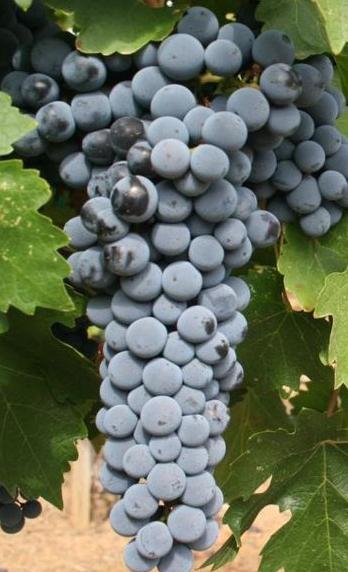
The comparison between McLaren Vale and Bordeaux Cabernet Sauvignon is ultimately a reflection of Old World tradition versus New World innovation. Bordeaux offers the structure, the cerebral complexity, and the promise of long-term reward. McLaren Vale offers the immediate pleasure, the opulent fruit, and the confidence of a consistently sun-ripened terroir. The choice is less about which is superior, and more about which expression best suits the palate and the plate.
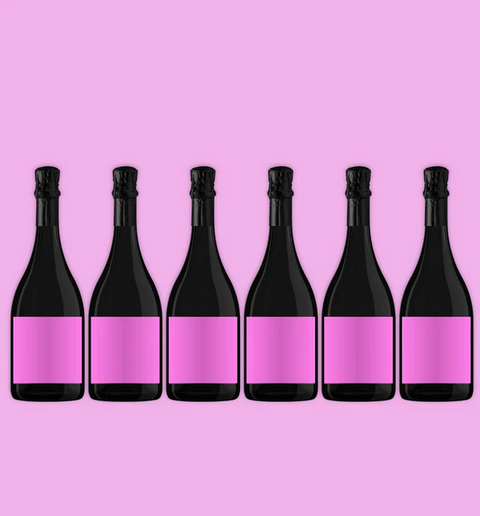
Sparkling Pinot Noir has firmly established its place in Australia's collection of quality crafted wines. Created from the Pinot Noir grape, this effervescent wine offers a compelling blend of vibrant red fruit characteristics, nuanced earthy undertones, and a refreshing acidity. Unlike many sparkling wines dominated by white grape varietals, its inherent structure and flavour depth allow it to bridge the gap between a crisp aperitif and a more substantial culinary companion.
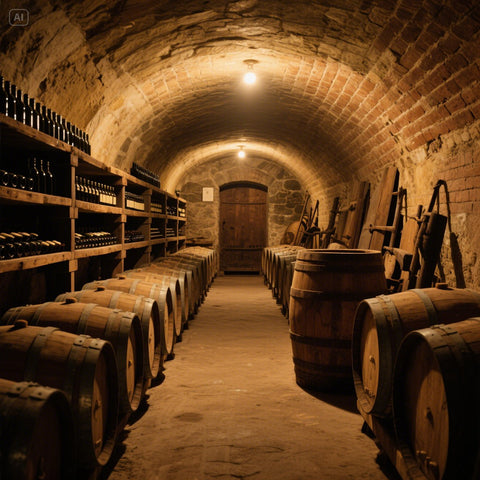
Cabernet Sauvignon, often hailed as the "King of Grapes," is globally celebrated for its powerful structure, distinctive flavour profile, and exceptional ageing potential. From the hallowed vineyards of Bordeaux to the renowned regions of Coonawarra, Margaret River, and McLaren Vale in Australia, Cabernet Sauvignon consistently produces wines of depth, complexity, and remarkable longevity.
Understanding precisely how long to cellar a bottle of Cabernet Sauvignon before uncorking it is an art and a science, crucial for experiencing its full potential. This comprehensive guide, developed by McLaren Vale Cellars, delves into the optimal storage conditions, effective storage methods, insights into recent notable Australian vintages, and common pitfalls to rigorously avoid, ensuring your Cabernet Sauvignon reaches its peak expression.
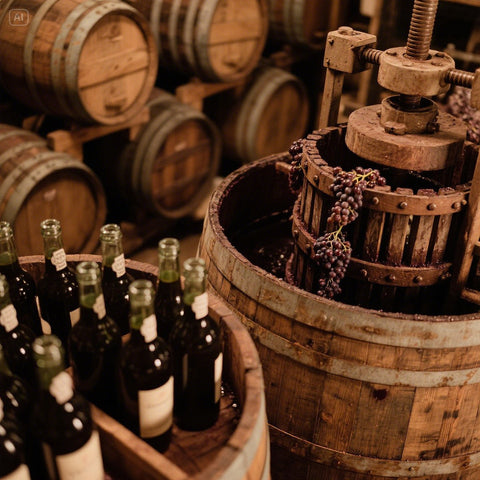
Tawny port represents one of winemaking's most sophisticated achievements—a fortified wine that combines the power of spirits with the complexity of extended wood aging to create something entirely unique. Unlike vintage port, which emphasizes the character of individual years through bottle aging, tawny port showcases the transformative art of oxidative aging and blending. The result is a wine of extraordinary complexity, smoothness, and longevity that can provide decades of drinking pleasure.

Merlot, a grape variety celebrated for its soft tannins, luscious fruit, and approachable character, enjoys immense popularity worldwide. Often forming the backbone of Bordeaux blends or shining as a single varietal, Merlot's charm lies in its versatility and smooth texture.
However, like all wines, its ageing potential varies significantly depending on its quality, vintage, and crucially, how it is stored. Understanding how long a bottle of Merlot can be cellared before uncorking is key to experiencing it at its peak, a journey that involves careful consideration of optimal storage conditions, effective storage methods, insights into recent noteworthy Australian vintages, and common pitfalls to rigorously avoid.
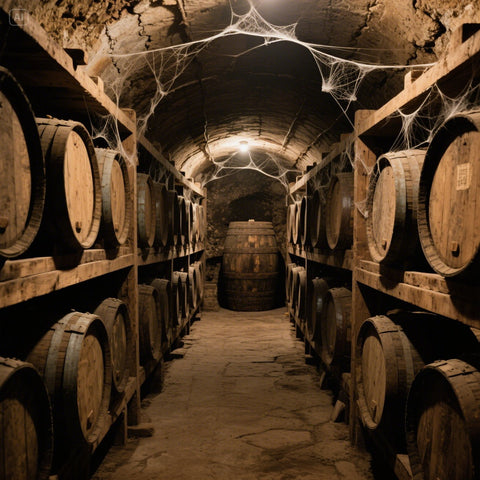
Shiraz, or Syrah as it's known internationally, stands as Australia's most iconic grape variety, celebrated globally for its bold flavours, rich complexity, and remarkable ability to age. From the sun-drenched vineyards of the Barossa Valley to the cooler climes of Heathcote and the elegant expressions of McLaren Vale, Australian Shiraz offers a spectrum of styles.
Understanding how long these wines can be stored before uncorking is a crucial aspect of enjoying them at their peak, a journey that involves careful consideration of storage conditions, methods, recent notable vintages, and common pitfalls to avoid.
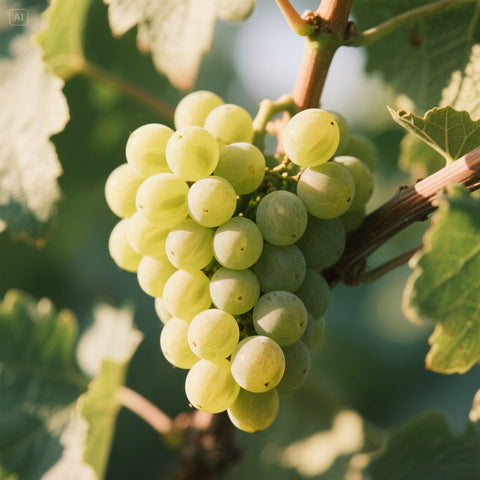
Sauvignon Blanc stands as one of the world's most distinctive and recognisable white wine varieties, celebrated for its vibrant aromatics, crisp acidity, and remarkable ability to express terroir with startling clarity. From the limestone soils of Sancerre to the diverse terroirs of Marlborough, from the noble blends of Bordeaux to the innovative expressions emerging from McLaren Vale, Sauvignon Blanc has demonstrated an extraordinary capacity for adaptation while maintaining its essential character of freshness and intensity. The journey of this noble variety encompasses ancient French origins, genetic discoveries, global expansion, and continuous innovation that continues to reshape our understanding of what great Sauvignon Blanc can achieve.
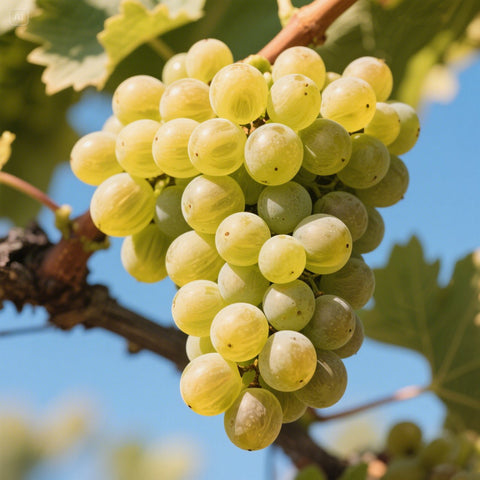
Chardonnay’s journey began in Burgundy’s sacred soils, evolving from monastic cultivation to global fame. A cross between Pinot Noir and Gouais Blanc, it thrives in diverse climates, including McLaren Vale. Through innovation in viticulture and winemaking, Australian producers now craft rich, expressive Chardonnays, proving that this noble grape can flourish even in warm, Mediterranean conditions.
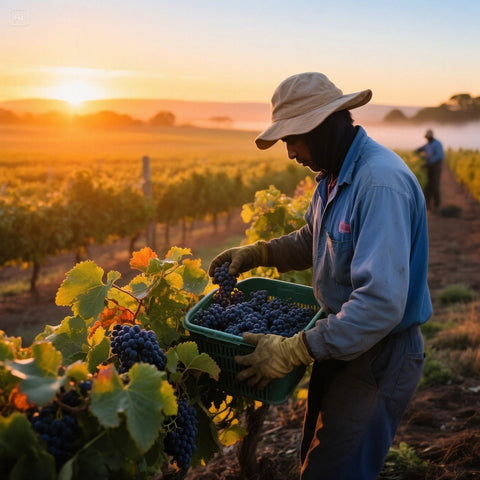
Merlot Wine’s journey spans centuries, from Bordeaux’s prestigious Right Bank to McLaren Vale’s warm, coastal vineyards. Learn how its noble heritage, balanced flavour, and adaptability have made it a global favourite. Discover how Australian winemakers are redefining Merlot and get expert tips on food pairings that bring out its best qualities.

